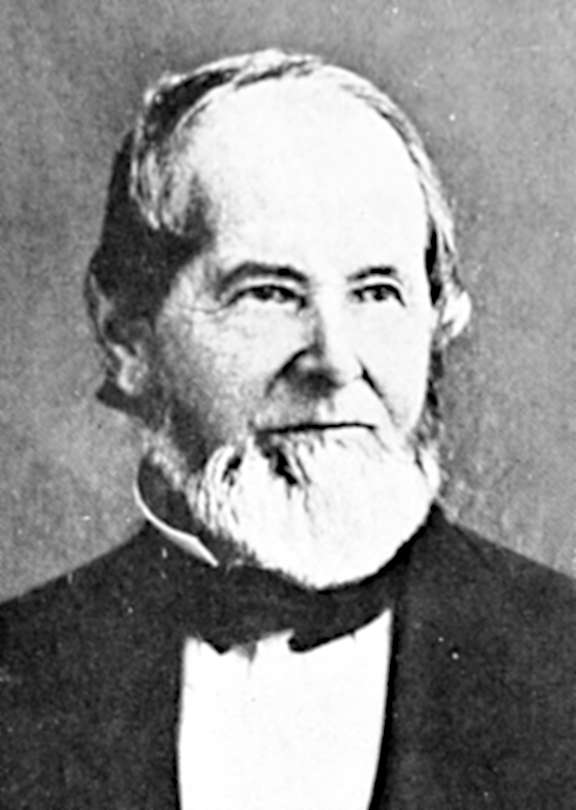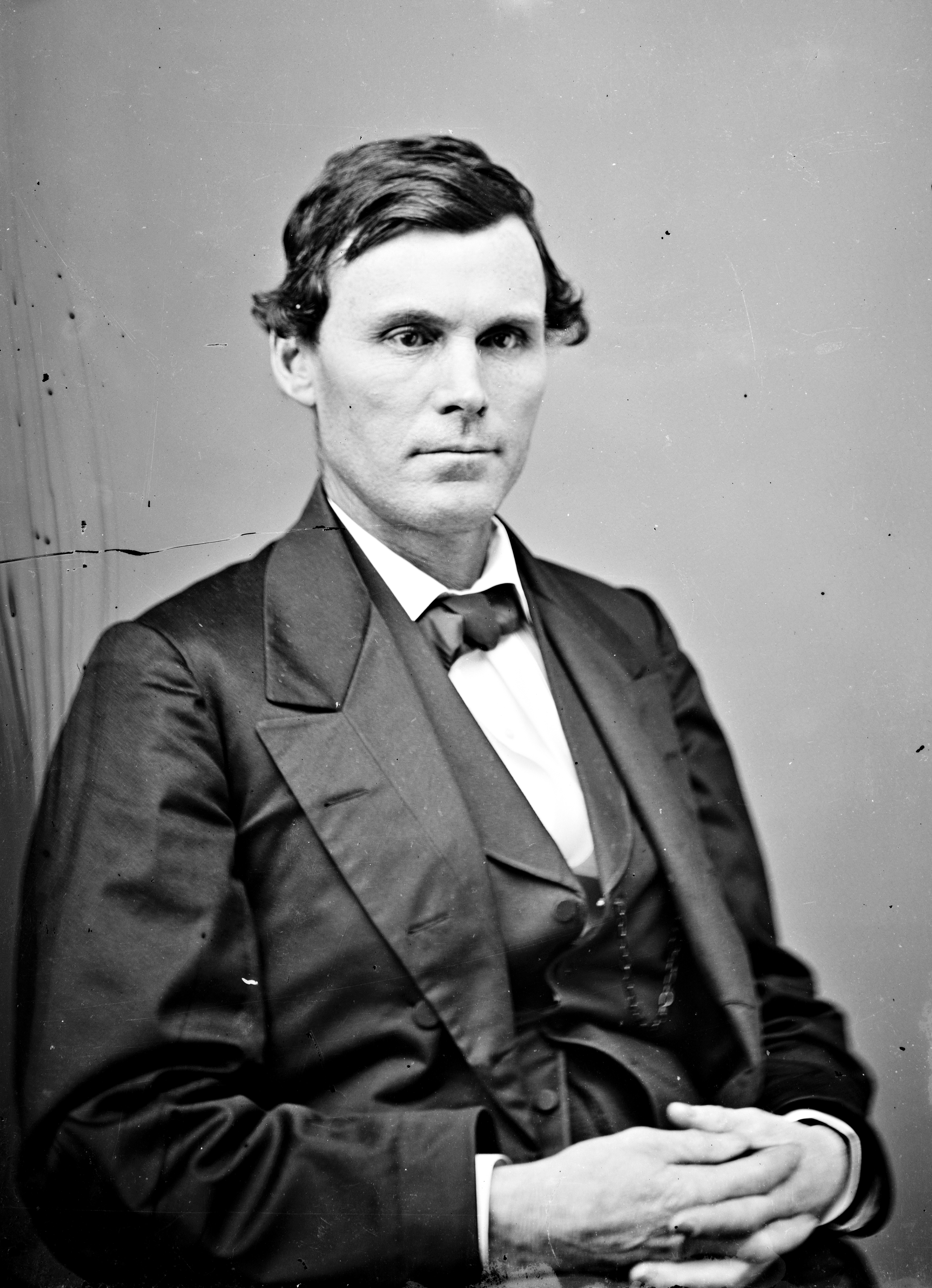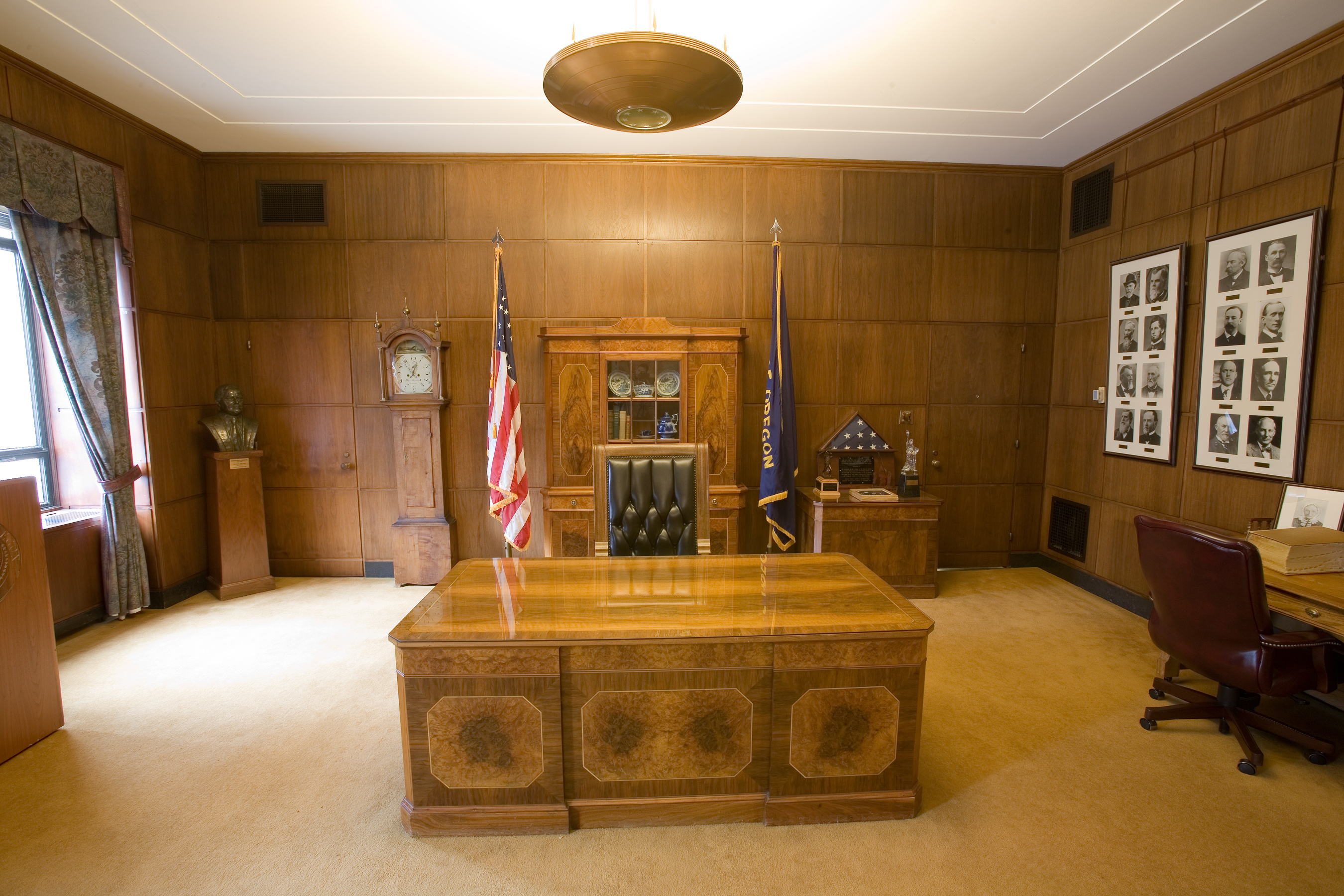|
Oregon State Legislature
The Oregon Legislative Assembly is the state legislature for the U.S. state of Oregon. The Legislative Assembly is bicameral, consisting of an upper and lower house: the Senate, whose 30 members are elected to serve four-year terms; and the House of Representatives, with 60 members elected to two-year terms. There are no term limits for either house in the Legislative Assembly. Each Senate district is composed of exactly two House districts: Senate District 1 contains House Districts 1 and 2, SD 2 contains HD 3 and HD 4, and so on. (Maps of Senate districts can be found in the Oregon State Senate article.) Senate districts contain about 127,700 people, and are redrawn every ten years. The legislature is termed as a "citizens' assembly" (meaning that most legislators have other jobs.) Since 1885, its regular sessions of up to 160 days occurred in odd-numbered years, beginning on the second Monday in January. Effective 2012, the legislature moved into an annual session, with t ... [...More Info...] [...Related Items...] OR: [Wikipedia] [Google] [Baidu] |
81st Oregon Legislative Assembly
The 81st Oregon Legislative Assembly was the most recent legislative session of the Oregon Legislative Assembly which convened on January 11, 2021 and adjourned June 26th. Its even-year short session of 35 days convened on February 1, 2022 and adjourned sine die on March 4, 2022. The Democratic Party of Oregon retained supermajority status in both chambers: as a result of the 2020 Oregon State Senate election, the Democrats kept its 18–12 majority, and in the 2020 Oregon House of Representatives election, the party's majority slipped by a single seat to maintain a 37–23 majority. Legislation During the 35 day short session that began February 1, 2022, lawmakers considered more than 250 bills and allocating between $1.5 and $2 billion in funding. Successful SCR 203"Adjourns sine die 2022 regular session of Eighty-first Legislative Assembly."SCR 204"Establishes deadlines for presession-filed legislative measures for 2023 regular session of Eighty-second Legislative Assembl ... [...More Info...] [...Related Items...] OR: [Wikipedia] [Google] [Baidu] |
Oregon
Oregon () is a U.S. state, state in the Pacific Northwest region of the Western United States. The Columbia River delineates much of Oregon's northern boundary with Washington (state), Washington, while the Snake River delineates much of its eastern boundary with Idaho. The 42nd parallel north, 42° north parallel delineates the southern boundary with California and Nevada. Oregon has been home to many Indigenous peoples of the Americas, indigenous nations for thousands of years. The first European traders, explorers, and settlers began exploring what is now Oregon's Pacific coast in the early-mid 16th century. As early as 1564, the Spanish expeditions to the Pacific Northwest, Spanish began sending vessels northeast from the Philippines, riding the Kuroshio Current in a sweeping circular route across the northern part of the Pacific. In 1592, Juan de Fuca undertook detailed mapping and studies of ocean currents in the Pacific Northwest, including the Oregon coast as well as ... [...More Info...] [...Related Items...] OR: [Wikipedia] [Google] [Baidu] |
Provisional Legislature Of Oregon
The Provisional Legislature of Oregon was the single-chamber legislative body of the Provisional Government of Oregon. It served the Oregon Country of the Pacific Northwest of North America from 1843 until early 1849 at a time when no country had sovereignty over the region. This democratically elected legislature became the Oregon Territorial Legislature when the territorial authorities arrived after the creation of the Oregon Territory by the United States in 1848. The body was first termed the Legislative Committee and later renamed the House of Representatives. Over the course of its six-year history the legislature passed laws, including taxation and liquor regulation, and created an army to deal with conflicts with Native Americans. Many of the legislators would become prominent figures during the territorial years of Oregon. At first the body was a small committee of nine people, but the group was altered when the Organic Laws of Oregon were revised in 1845 with the legisl ... [...More Info...] [...Related Items...] OR: [Wikipedia] [Google] [Baidu] |
Provisional Government Of Oregon
The Provisional Government of Oregon was a popularly elected settler government created in the Oregon Country, in the Pacific Northwest region of North America. Its formation had been advanced at the Champoeg Meetings since February 17, 1841, and it existed from May 2, 1843 until March 3, 1849, and provided a legal system and a common defense amongst the mostly American pioneers settling an area then inhabited by the many Indigenous Nations. Much of the region's geography and many of the Natives were not known by people of European descent until several exploratory tours were authorized at the turn of the 18th and 19th centuries. The Organic Laws of Oregon were adopted in 1843 with its preamble stating that settlers only agreed to the laws "until such time as the United States of America extend their jurisdiction over us". According to a message from the government in 1844, the rising settler population was beginning to flourish among the "savages", who were "the chief obstruct ... [...More Info...] [...Related Items...] OR: [Wikipedia] [Google] [Baidu] |
Oregon Territorial Legislature
Oregon's Territorial Legislature was a bicameral legislative body created by the United States Congress in 1848 as the legislative branch of the government of the Oregon Territory. The upper chamber Council and lower chamber House of Representatives first met in July 1849; they served as the region's legislative body until Oregon became a state in February 1859, when they were replaced by the bicameral Oregon State Legislature. Ten annual sessions were held, with most starting in December and ending in February. During the sessions the capital of the territory was moved from Oregon City to Salem, then briefly to Corvallis, and back to Salem. Legislation included the creation of new counties, the renaming of old counties, and the authorization to hold the Oregon Constitutional Convention, among other acts. Membership in the Council remained at nine throughout the history of the body, while the House of Representatives membership increased from 17 to as high as 30 due to increas ... [...More Info...] [...Related Items...] OR: [Wikipedia] [Google] [Baidu] |
Oregon Emergency Board
Oregon's Emergency Board (also known as the State Emergency Board and Legislative Emergency Board) is a statutory legislative committee composed of members of both houses of the Oregon Legislative Assembly. It has broad powers to allocate general fund resources, lottery revenue, and other state funds for unanticipated government requirements when the state legislature is not in session. The board can authorize an agency to overspend its approved budget or approve a new budget amount for specific agency tasks. It can also authorize the transfers of funds between agencies or budget accounts. The Emergency Board is jointly chaired by the President of the Oregon Senate and the Speaker of the Oregon House of Representatives. Responsibility The Emergency Board is a powerful committee of the state legislature that functions during interim periods when the state's legislative is out of sessions. Because Oregon's legislature only meets for limited periods during its biennial cycl ... [...More Info...] [...Related Items...] OR: [Wikipedia] [Google] [Baidu] |
List Of Oregon Ballot Measures
The list of Oregon ballot measures lists all statewide ballot measures to the present. In Oregon, the initiative and referendum process dates back to 1902, when the efforts of the Direct Legislation League prompted amending the Oregon Constitution for the first time since 1859. The process of initiative and referendum became nationally known as the ''Oregon System''. Types There are three types of ballot measures: initiatives, referendums, and referrals. Initiatives and referendums may be placed on the ballot if their supporters gather enough signatures from Oregon voters; the number of signatures is a percentage based on the number of voters casting ballots in the most recent election for the Governor of Oregon. ; Initiative: Any issue may be placed before the voters, either amending the Constitution or revising or adding to the Oregon Revised Statutes. Constitutional initiatives require the signature of eight percent of recent voters to qualify for the ballot; statutory ref ... [...More Info...] [...Related Items...] OR: [Wikipedia] [Google] [Baidu] |
Governor Of Oregon
The governor of Oregon is the head of government of Oregon and serves as the commander-in-chief of the state's military forces. The title of governor was also applied to the office of Oregon's chief executive during the provisional and U.S. territorial governments. The current 38th governor of Oregon is Kate Brown, who took office following the resignation of Governor John Kitzhaber amid an ethics scandal. The governor's current salary was set by the 2001 Oregon Legislature at $93,600 annually. Constitutional descriptions Article V of the Oregon State Constitution sets up the legal framework of the Oregon Executive Branch. Eligibility Article V, Section 1 states that the governor must be a U.S. citizen, at least 30 years of age, and a resident of Oregon for at least three years before the candidate's election. Section 2 extends ineligibility as follows: Section 1 further sets the maximum number of consecutive years a governor may serve, specifying that There is no spe ... [...More Info...] [...Related Items...] OR: [Wikipedia] [Google] [Baidu] |
Oregon Elections, 2010
General elections were held in Oregon on Tuesday, November 2, 2010. Primary elections took place on May 18, 2010. Federal United States Senate Democratic incumbent Ron Wyden is running for re-election. His Republican opponent is Jim Huffman. United States House of Representatives All five of Oregon's seats in the United States House of Representatives were up for re-election in 2010. All five incumbents ran for re-election, including Democrat David Wu in Oregon's 1st congressional district, District 1, Republican Greg Walden in Oregon's 2nd congressional district, District 2, Democrat Earl Blumenauer in Oregon's 3rd congressional district, District 3, Democrat Peter DeFazio in Oregon's 4th congressional district, District 4, and Democrat Kurt Schrader in Oregon's 1st congressional district, District 5. State Governor Incumbent Governor Ted Kulongoski was term-limited. Former two-term governor John Kitzhaber, a Democrat, defeated the Republican nominee, former NBA player ... [...More Info...] [...Related Items...] OR: [Wikipedia] [Google] [Baidu] |
Revenue
In accounting, revenue is the total amount of income generated by the sale of goods and services related to the primary operations of the business. Commercial revenue may also be referred to as sales or as turnover. Some companies receive revenue from interest, royalties, or other fees A fee is the price one pays as remuneration for rights or services. Fees usually allow for overhead (business), overhead, wages, costs, and Profit (accounting), markup. Traditionally, professionals in the United Kingdom (and previously the Repu .... This definition is based on International Accounting Standard, IAS 18. "Revenue" may refer to income in general, or it may refer to the amount, in a monetary unit, earned during a period of time, as in "Last year, Company X had revenue of $42 million". Profit (accounting), Profits or net income generally imply total revenue minus total expenses in a given period. In accountancy, accounting, in the balance statement, revenue is a subsection of the ... [...More Info...] [...Related Items...] OR: [Wikipedia] [Google] [Baidu] |
Citizen Legislature
A citizen legislature is a Legislature, legislative chamber made up primarily of citizens who have a full-time occupation besides being a legislator. Such citizen legislatures can be found on the state level, as in some U.S. states, or on the national level as in Switzerland. Legislatures in the U.S. considered to be citizen legislatures include Montana, Nevada, Idaho, New Mexico, North Carolina, North Dakota Legislative Assembly, North Dakota, Oregon, Utah, Virginia, and Wyoming. Many other states in the US, by contrast, have a professional legislature. James Madison wrote in Federalist No. 62 that "It is not possible that an assembly of men called for the most part from pursuits of a private nature, continued in appointment for a short time, and led by no permanent motive to devote intervals of public occupation to a study of the laws, the affairs, and the comprehensive interests of their country, should, if left wholly to themselves, escape a variety of important errors in the ex ... [...More Info...] [...Related Items...] OR: [Wikipedia] [Google] [Baidu] |
Term Limits In The United States
In the United States, term limits, also referred to as ''rotation in office'', restrict the number of terms of office an officeholder may serve. At the federal level, the 22nd Amendment to the United States Constitution limits the president of the United States to two four-year terms. State government offices in some, but not all, states are term-limited, including executive, legislative, and judicial offices. Historical background The Constitution Term limits can date back to the American Revolution, and prior to that to the democracies and republics of antiquity. The council of 500 in ancient Athens rotated its entire membership annually, as did the ephorate in ancient Sparta. The ancient Roman Republic featured a system of elected magistrates—tribunes of the plebs, aediles, quaestors, praetors, and consuls —who served a single term of one year, with re-election to the same magistracy forbidden for ten years ''(see cursus honorum)''. According to historian Garrett F ... [...More Info...] [...Related Items...] OR: [Wikipedia] [Google] [Baidu] |
.jpg)





